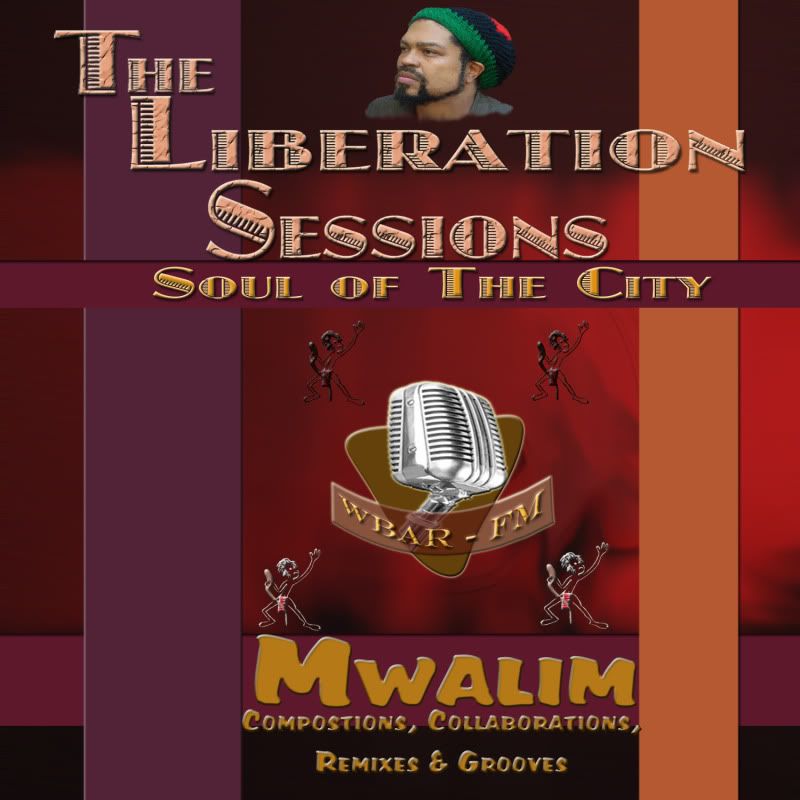
Sometimes when things are looking down and on the rocks, just the right type of music can lift anyone back up. Boston Horns’ deliverance of unabashed funk is exactly the right anecdote that will certainly lively up the most glum, replacing those blues with a wink and a smile. The funky jazz R&B fusion on their latest album, Shibuya Gumbo, captures that feeling with a confidence that will rub off on the listener in the most positive way possible.
Things get off to a jumping start with “Ask Me Later”, an upbeat number that helps set the tone for the rest of Shibuya Gumbo. Becoming apparent with the first tune and continuing through is the tight musicianship. These aren’t just guys playing a hybrid of jazzy funk with R&B rounding out the edges, these are guys playing. They clearly listen to what each other has to offer and work everyone’s contributions in. Each band member gets their own solo at some point, sometimes more than once, and Jeff Buckridge’s suave guitar solo in “Ask Me Later” is an appetizer of this. Ben Zecker manages to lay down some keyboard flourishes and apply them successfully on top of everything else without them being overbearing, such as on the side-walk strutting groove of “Soho” and “Vaccination” with its out-of-this-world deep space alien love funk.
Don’t be fooled though, this isn’t silly polyester funk. It’s got class and brass to make a watch shine. At the forefront of all this is Garret Savluk’s trumpet, helping to add spice to an already hot dish of jams with Henry Douglas Jr. accompanying him on sax. The driving force comes from the rhythm section of Peter Maclean on drums and Craig Weiman on bass, both of who add a surge of energy to the proceedings. Maclean is a machine in songs like the drum fill galore title track with Weiman and the rest of the band matching his beats in unison as they often do on the whole album, creating a precise and direct impact on the senses.
The cool factor of this album seeps out of the case and is a contagious aura that can’t be ignored. The rascal sax rhythm on “Head Trip” emphasizes the playful and upbeat spirit on Shibuya Gumbo. But as if that wasn’t enough, Barrence Whitfield adds in his vocal contributions and Little Richard yells on songs like the already decked out “It’s A…”and a cover of Muddy Waters‘ “I Just Want To Make Love To You”, adding a more personal connection that helps fill out the songs. The majority of this collection are all instrumentals but, unlike so many other acts in this hybrid of genres that can often alienate the common listener, Shibuya Gumbo has enough catchy grooves to replace any other need for vocals.
Even though the songs are long- every one except for two are over five minutes- it doesn’t take away from the welcomed presence of Boston Horns. These tunes are meant to get you out of your seat, out of the gutter, and enjoy living. If you aren’t shaking your hips and snapping your fingers by the time you hear the first note, you better go see a doctor because Shibuya Gumbo is a guaranteed musical buzz that will lift you up and all over the place.
http://www.bostonhorns.com/







